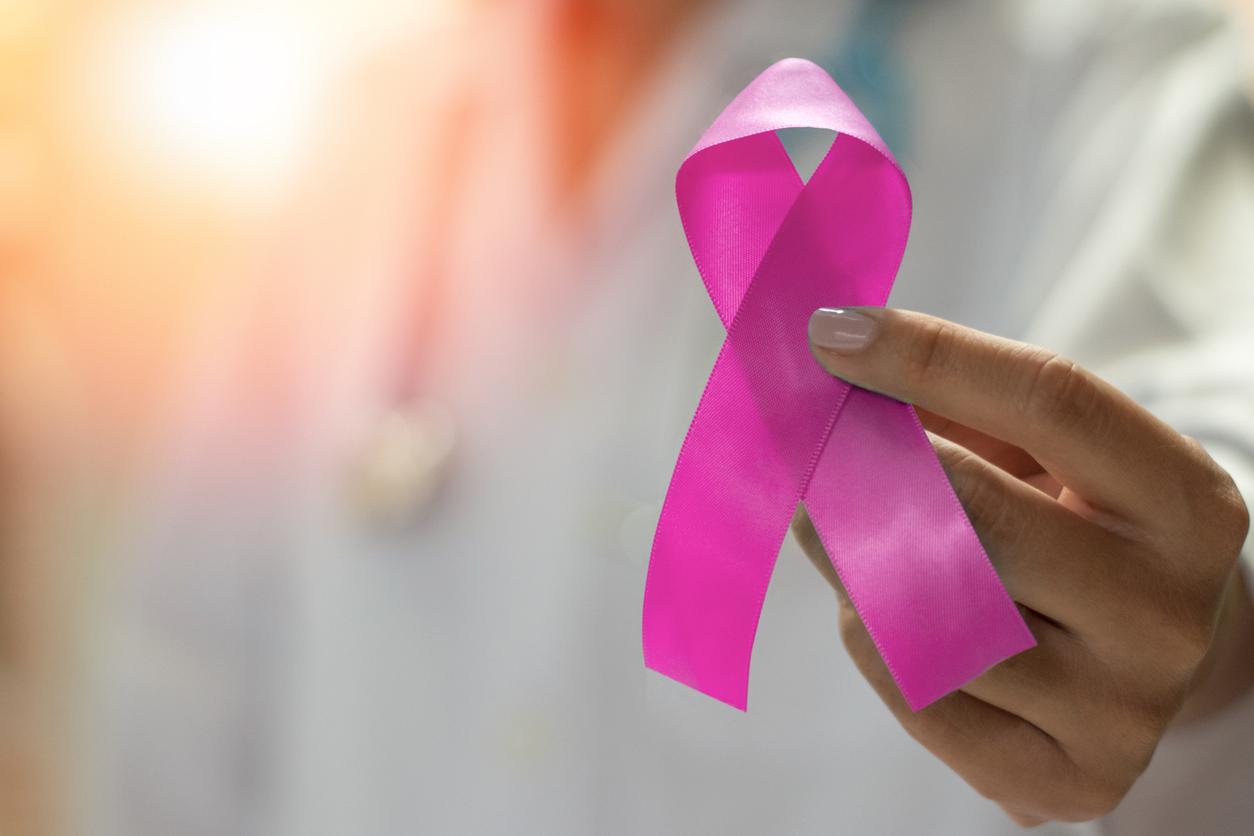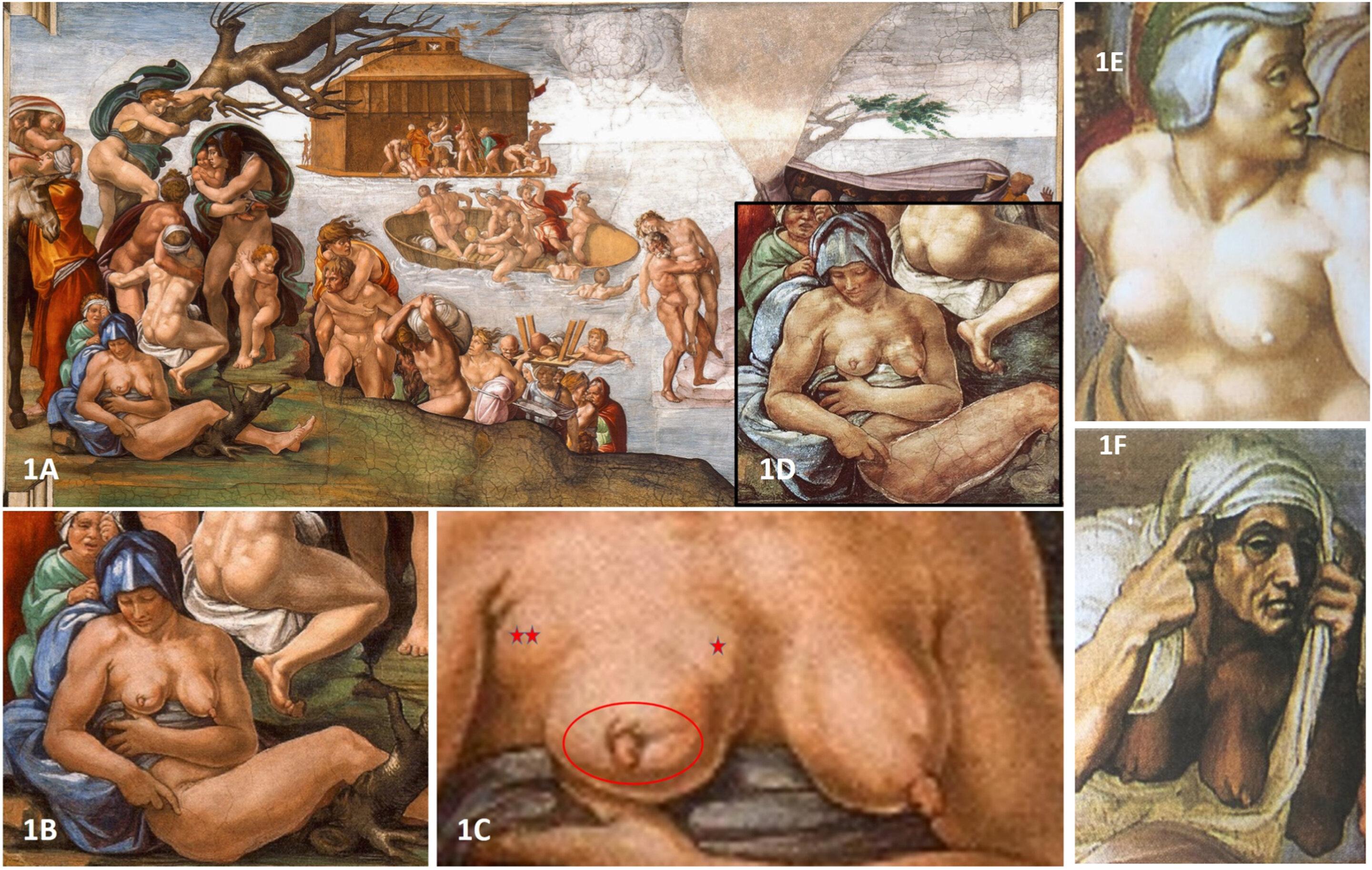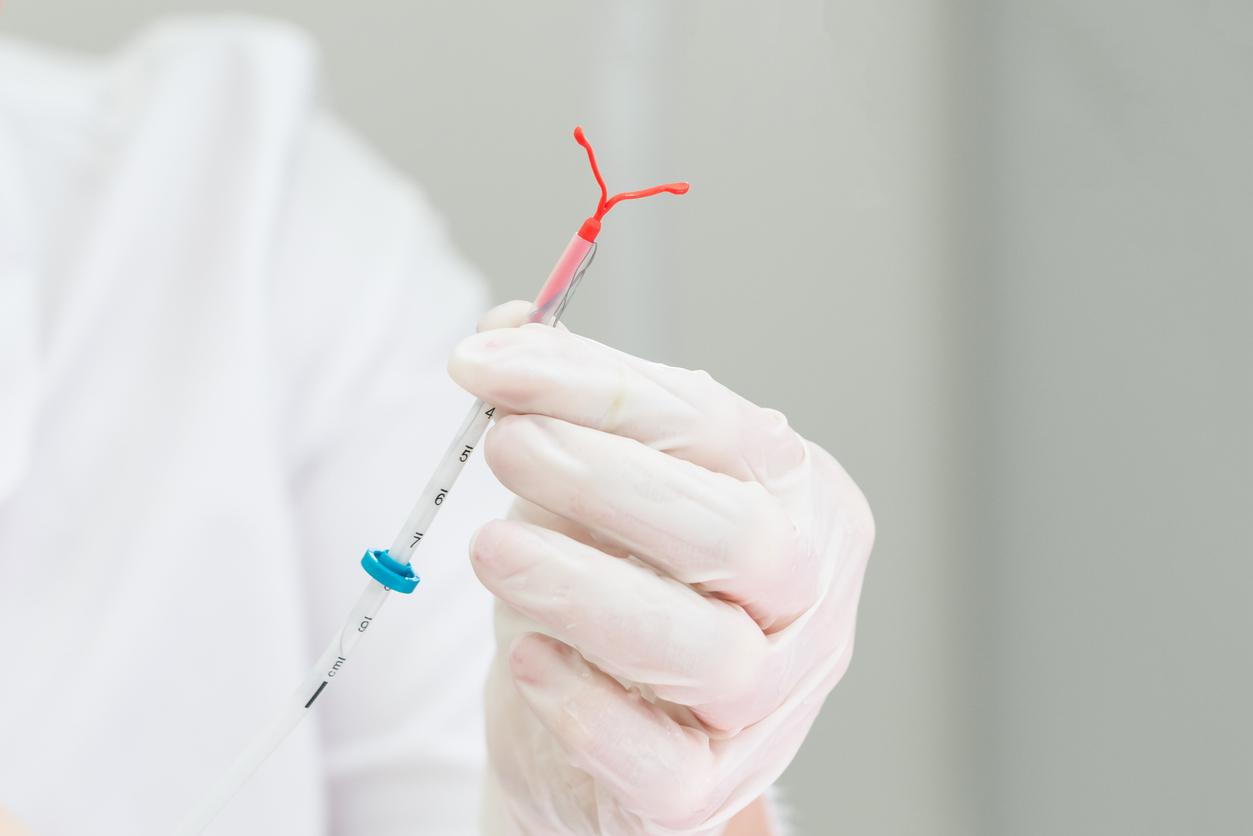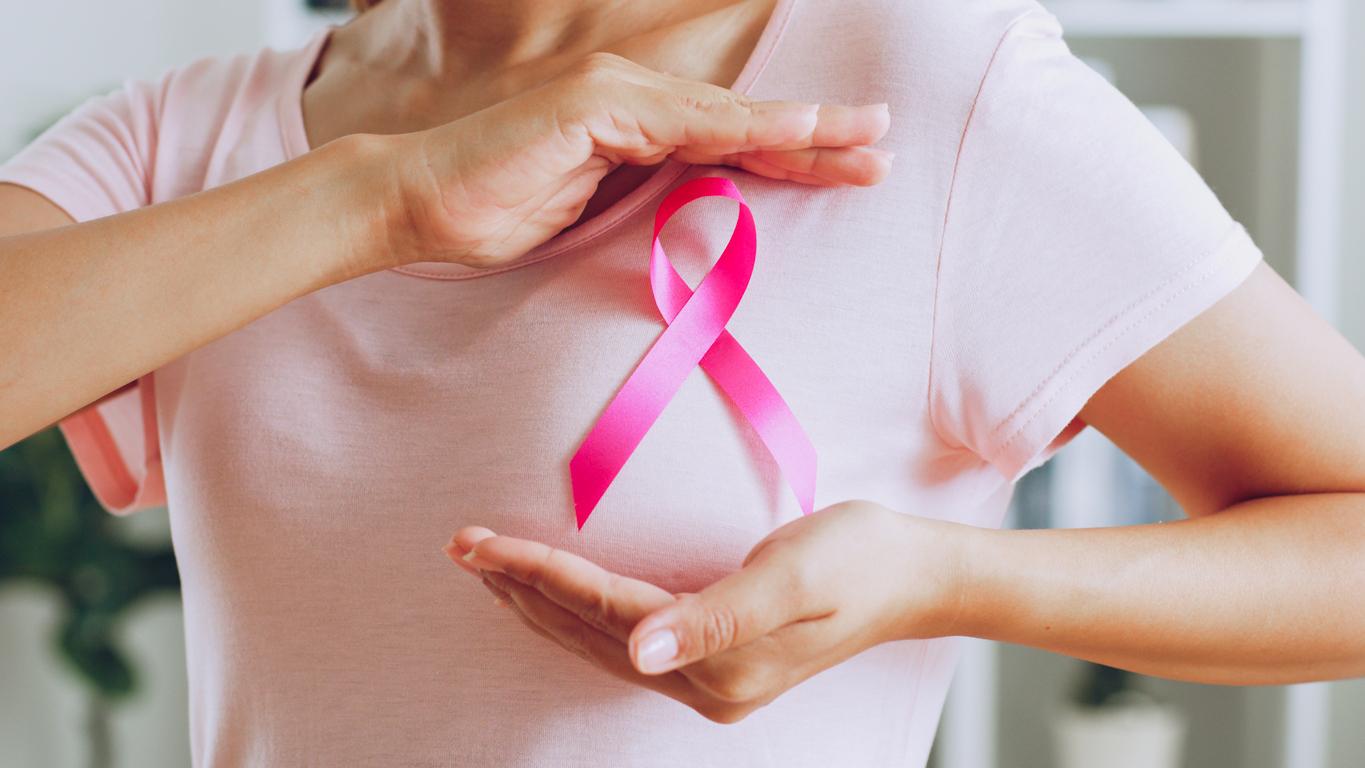Triple-negative breast cancer, the most aggressive form of this cancer, is more prevalent in young and/or colored women, reveals a new study.

Breast cancer is most common in women worldwide. It accounts for 16% of all female cancers. While survival rates vary enormously from country to country, ranging from 80% or more in North America, Sweden and Japan to nearly 60% in middle-income countries and less than 40% in those on low incomes, one form of breast cancer is more deadly than the others, regardless of the country where the patient is treated: so-called “triple negative” breast cancer.
According to a new study published in the journal CANCERthis form of cancer, so difficult to treat, is said to predominate especially in women of color and/or young people.
The impact of late diagnosis
If previous research had already shown racial disparities in the diagnosis of triple negative cancers, this is the first study on the subject of this magnitude. Here, researchers from the Georgia State University of Public Health analyzed all cases of breast cancer diagnosed between 2010 and 2014 listed in the United States Cancer Statistics data.
Of the 1,151,724 cases of breast cancer identified during this period, 8.4% of them were triple negative. And black and Hispanic women were 2.3 times and 1.2 times more likely to be diagnosed with this form of breast cancer, respectively, the study notes. Women under 40 were twice as likely to suffer from triple-negative breast cancer as those aged 50 to 64. What’s more, among patients with breast cancer, those diagnosed late were 69% more likely to have triple-negative cancer than those who weren’t.
Further research to better identify risk factors
Due to the aggressive nature of triple-negative cancer and the lack of treatment options, it’s important to know who is more likely to develop one and why, the researchers note. “With the advent and availability of more understandable cancer data like the Cancer Statistics in the United States database, it is important that we continue to explore the disparities in order to better inform professionals about diagnosis. cancers like breast cancer,” says Dr. Scott who conducted the study. “We hope that this finding on the epidemiology of triple-negative breast cancer can serve as a basis for further research into contributing factors,” he continues.
In France, breast cancer is the most diagnosed in women. In 2017, nearly 60,000 new cases were identified in France. Among them, 15 to 20% were triple negative. At present, an Inserm team is working to develop a radio-immunotherapy to treat them.
“Radio-immunotherapy consists of administering antibodies capable of recognizing the tumor and equipped with a radioactive molecule which irradiates the cancerous cells and eliminates them. The product is injected through the blood and circulates in the body, which makes it possible to fight against both the primary tumor and the metastases”, it is explained on the site of the Arc foundation for cancer research who is funding this work.

.

















